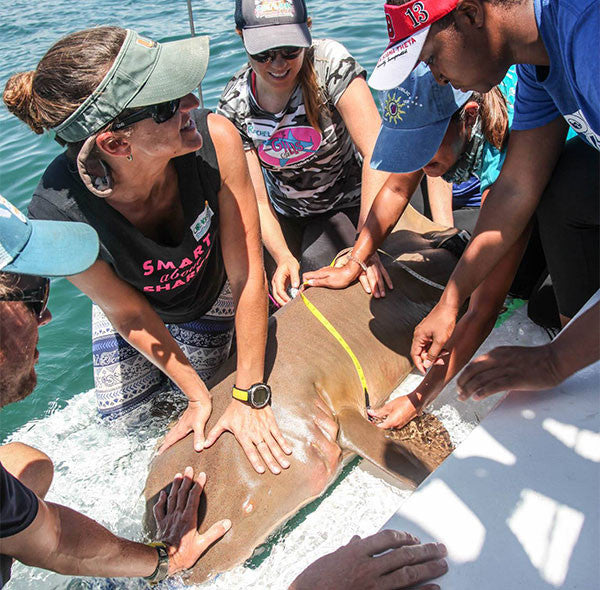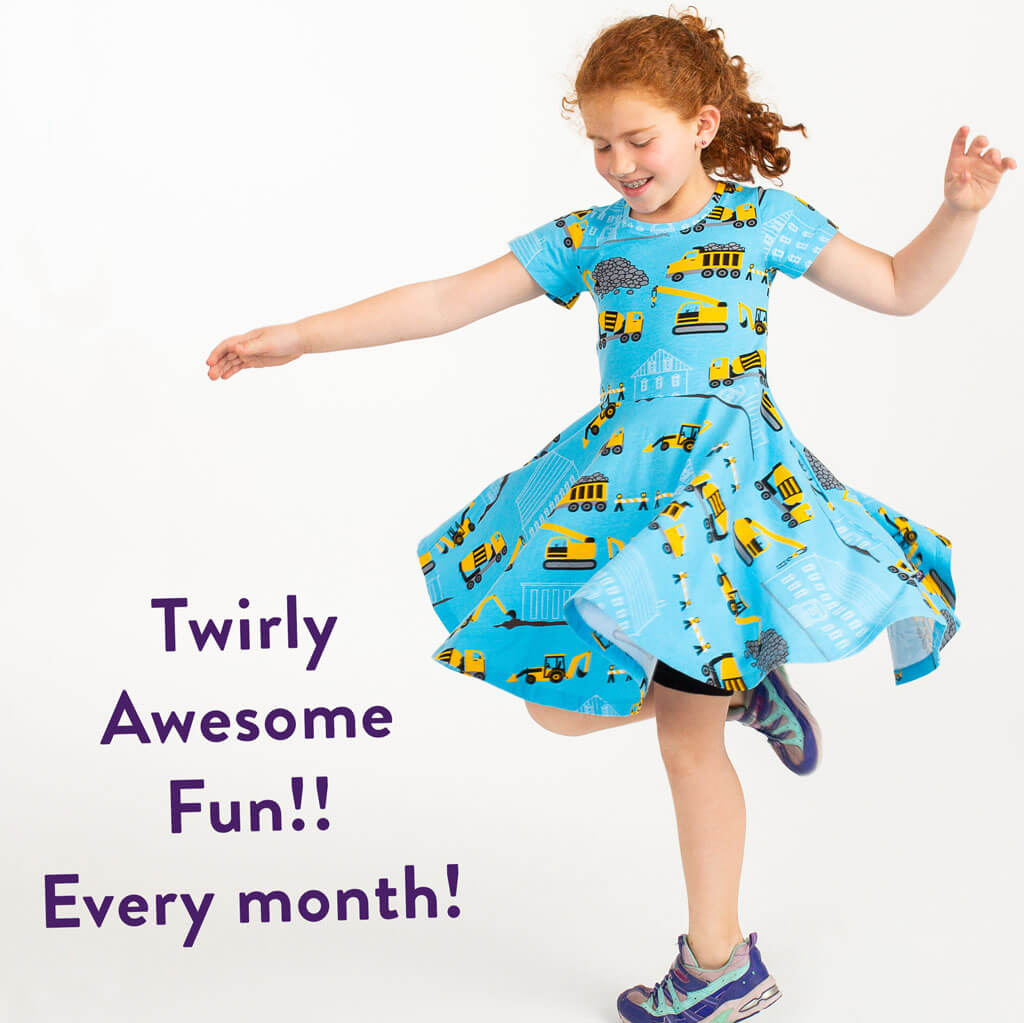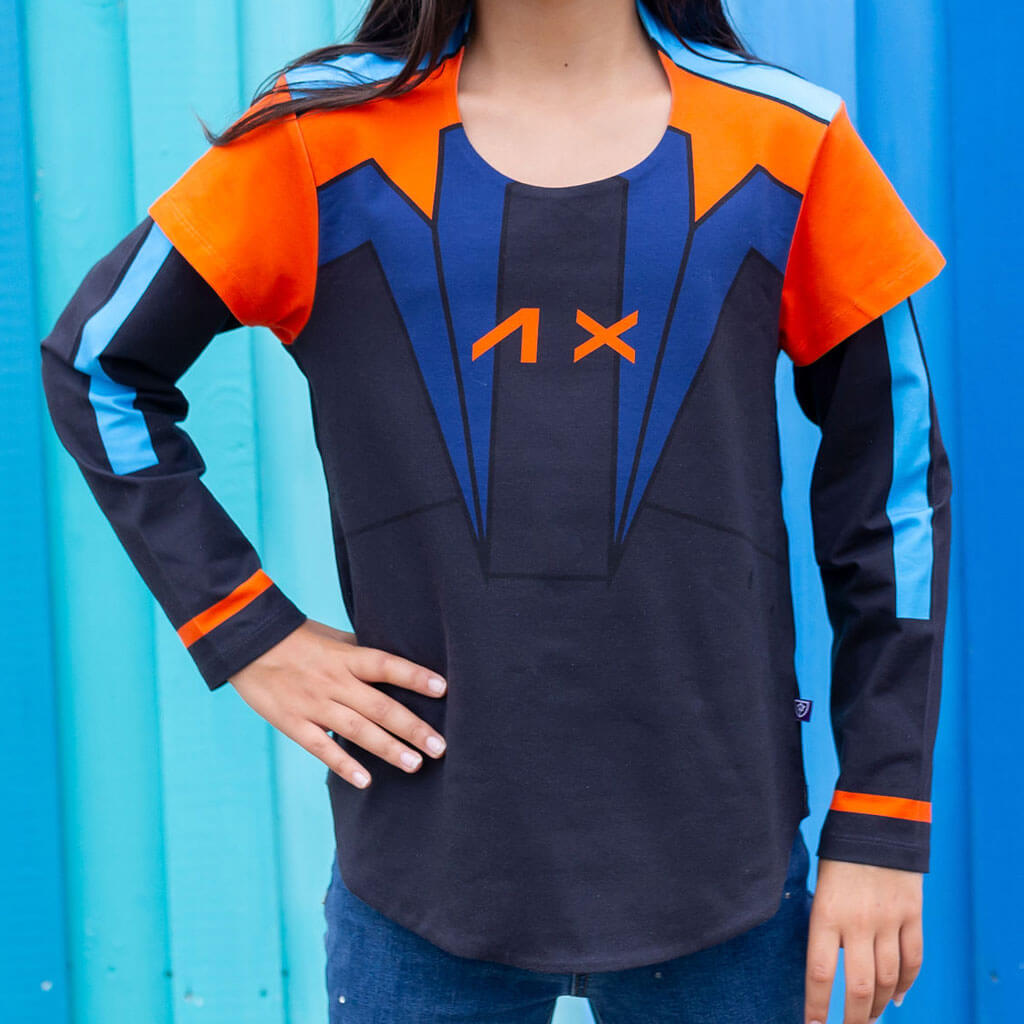Free US shipping on orders over $100!

Girls CAN Be Shark Scientists
July 21, 2017 6 min read 1 Comment


In my first summer as a volunteer for the Atlantic White Shark Conservancy, I had the opportunity to meet many men and women involved in shark research, including scientists, statisticians, and engineers. I also had the opportunity to meet many incredible youth, all of whom were excited about sharks and interested in becoming shark scientists one day. In meeting these youth I noticed a difference in how the girls spoke about sharks from how the boys talked. Many of the girls were sharing stories about how they were made fun of in school for having shark backpacks, and were told “sharks are for boys, not girls!” I noticed that they were also wearing clothes from the boys or adult department because it was the only place they could find clothing with their favorite animal on them.
In talking with these young girls, and asking about what they wanted to be when they grew up, many were surprised to hear that they could follow in the footsteps of many women shark researchers. They were unaware of women like Dr. Eugenie Clark or Dr. Lisa Natanson. Dr. Clark is known as the ‘Shark Lady’ and is credited for many breakthroughs in shark science, such as being the first person to train sharks to hit targets. Dr. Lisa Natanson is the senior research fisheries scientist for the Apex Predators Program that is conducting research on how to age sharks and better understand their growth rates. One of my favorite questions is to ask the girls that come to the Conservancy is if they think they could use math to learn more about sharks. They often say no (and often admit to not liking math), and are then surprised to hear that math is almost always applied in research projects.
Talking with these girls and engaging with the females who were working in shark research had myself and several others thinking about how these young girls should be able to learn from the female scientists. Looking at the experiences of these role models could help them see and better understand how they can go on to one day work with sharks. It was then that we founded The Gills Club, an education initiative of the Atlantic White Shark Conservancy dedicated to connecting girls with female scientists from around the world, sharing knowledge, and inspiring shark and ocean conservation.

When we launched the program our target audience was for female youths ages 8 to 12. However, we quickly received registration for girls as young as 2 and as old as 74. What was really amazing was also the notes that came in with the registrations. Many came from adult women who had always wanted to be a marine biologist but were told that as a woman they couldn’t pursue a career in that field. The Gills Club has had the ability to prove this belief wrong for a new generation of potential scientists, and allow others to explore the field first hand.

We educate members about sharks using various platforms to appeal to the vast array of ages of our members. Girls ages 14 and under receive a hard copy newsletter each month that features a profile of two females who are currently active in shark research, a profile of an elasmobranch species (we didn’t want to discriminate against the shark’s flat fish cousins, skates and rays!), and an activity or at home lab for girls to take part in. The newsletter is mailed out each month at no cost to families. All of this information is also made available on the Gills Club website, which is a resource for members to learn about the various species and the scientists and where they attended school. We have been very active on social media, and created a Facebook group where members can engage directly with the scientists who post photos and information about their experiences, and have opportunities for people to get involved or attend a class or workshop pertaining to shark science.
The club has also grown to a point where we host events for members to engage in hands on learning opportunities. They can see first hand how math, engineering, science, and technology are used repeatedly in ongoing shark research. Gills participate in shark dissections to learn about the internal and external anatomy of sharks, and have used vertebral centra pieces to calculate the ages of sharks. They have also used mock data to analyze the movement of tagged sharks and then used that data to engage in discussions about public safety concerns. All of these labs and activities are developed with the ability to be modified so that we engage some as young as 5 and others who are 16.
The program allows girls to fulfill their passion for sharks and develop an understanding of how the subjects they take in school can be applied in research practices. Working in groups to conduct labs they develop life skills such as communication, problem solving, and collaboration.
What has been amazing is that as the program has grown we have begun to see several of our young members take what they have learned and share it with others.10-year-old Jessie assisted with a white shark necropsy and then returned to school to present to her entire 4th grade class about her experience and what she learned. 16-year-old Julia went to her old Junior High to speak about how kids can start pursuing a career at any age by volunteering in shark conservation efforts, scuba diving, or by attending lectures and events to learn about the career. These were all things she has been able to participate in as a Gills Club member. The club has helped to develop knowledge of sharks for our members, as well as confidence.
Girls who were once being told that sharks are for boys now have the knowledge of female scientists they can reference, shark facts they can share, and the ability to discuss all of those things with confidence.

Since founding the club there have been many surprises. Our Science Team members have presented at conferences across the country where young emerging shark researchers ask how they can become members of the Gills Club Science Team. We strived to create something strong and positive for youth, not realizing it would also help build a strong and powerful network for the women already working in the field. The reach we have as a club sharing information goes not only across the country, but around the world. Our member list and Science Team include females of all ages around the globe.
It has also been surprising to receive the question, “Why is there no shark club for boys?” People often criticize that the club focused around sharks and youth’s excitement for sharks, is targeted for girls. What we have realized that most people overlook when asking this question is that the program is not about having a love for sharks, it is about empowering youth to take part in STEM based learning, connecting them to female role models who are working with sharks, developing their knowledge and confidence to go into a field that has long been thought to be something “for boys.”
Currently only about 5% of the world’s oceans have been explored. Shark research was pioneered by a female, many ongoing research projects are being led by women, and through the Gills Club we hope to inspire the next generation of females who help to further that exploration.
**********************************
The Gills Club is an education initiative of the Atlantic White Shark Conservancy, a nonprofit organization whose mission is to support scientific research, improve public safety, and educate the community, to inspire conservation of Atlantic white sharks. It is their vision to increase knowledge of Atlantic white sharks and change public perception to conserve the species and ensure biologically diverse marine ecosystems.
Marianne Long is the Education Director for the Atlantic White Shark Conservancy and one of the co-founders of The Gills Club. A graduate of Coastal Carolina University, Marianne participated in a shark biology course at the Bimini Biological Field Station where her passion for shark conservation began. She has gone on to work in a field where she can help to help change public perception of sharks, in the hopes of inspiring others to help in the conservation of them.
1 Response
Leave a comment
Comments will be approved before showing up.
Subscribe
Sign up to get the latest on sales, new releases and more …










JackieA721
September 29, 2018
The book Shark Lady by Jess Keating has become a family favorite and changed my daughters “what I want to be when I grow up” from a singer to a scientist